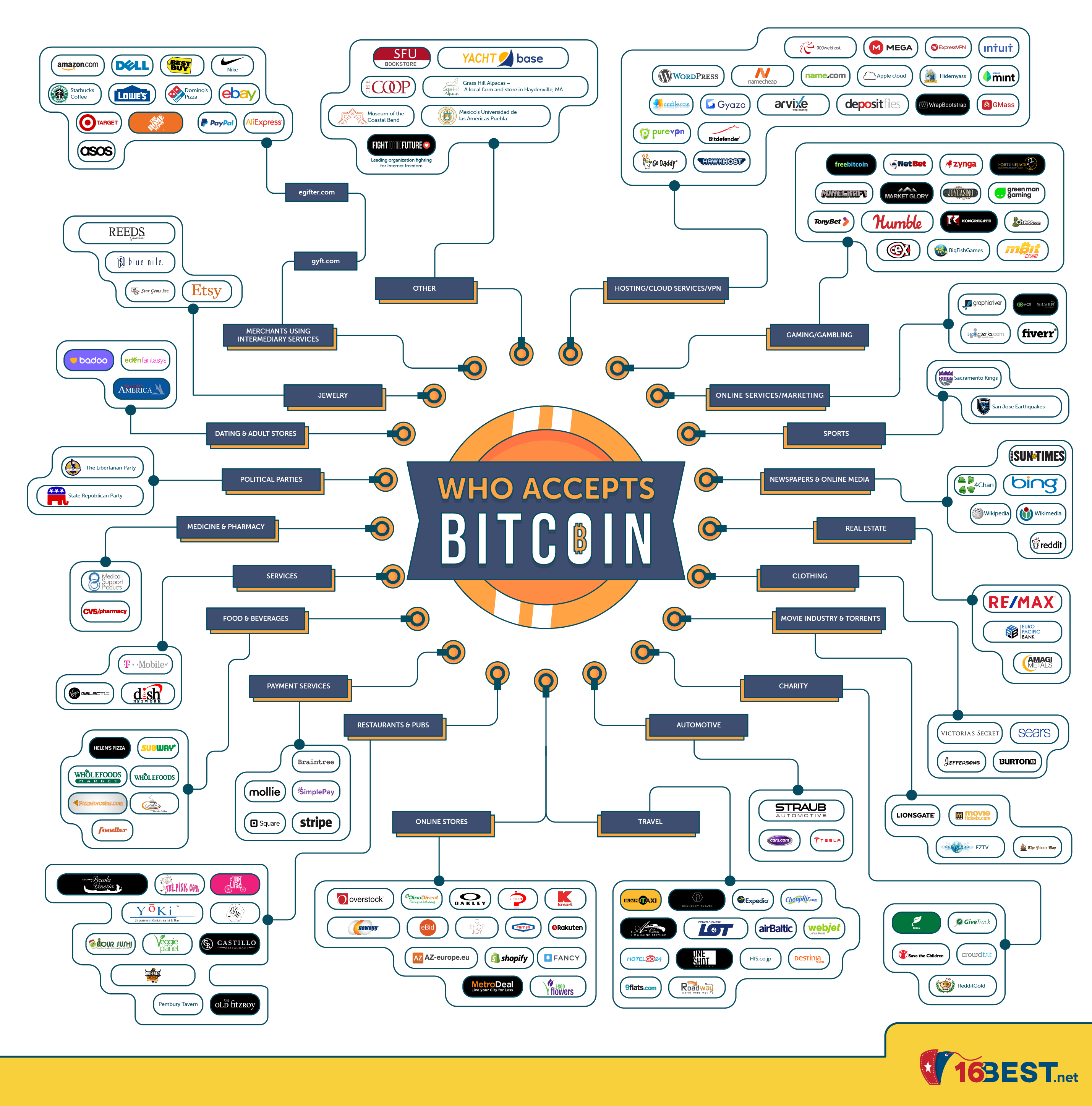- Change theme
A World of Possibilities
It's a brave new world that we are stepping into.
15:23 13 March 2018
One where you can start your kettle boiling using an app on your phone so it's ready when you get up to make your tea or coffee. A world where cars are becoming increasingly smart and even able to park themselves.
The Internet of Things is no longer just a cherished idea but is starting to become a reality. Personally, I don’t care much about being able to turn on my kettle remotely. But if my fridge can come up with a shopping list and deliver it to my phone, that’s something that I’d love.
And, can you imagine the possibilities with Bitcoin and the IoT? Your fridge could be programmed to place orders for things that you regularly use before they run out. You could have your fridge looking up the best promotions and discounts and applying a voucher when paying.
Talk about taking the grind out of shopping for you.
Now there is a sentence I never thought I would say, but what if you don’t want to let your fridge have access to your credit card details?
It is easy: you could open a Bitcoin wallet to use just for the purpose.
Granted, not all vendors accept bitcoins, but there are a growing number that do. If you have a look through the infographic below, you can see the vendors who either accept bitcoins directly or who will accept if through an intermediary. Some of the earliest adopters were the travel site Expedia and IT giants like MIcrosoft and Dell, but more and more companies of all sizes adopt cryptocurrencies.
But it’s not just in terms of payments that bitcoins support the Internet of Things. The blockchain technology that underpins bitcoins is the very technology that has brought us closer to achieving an IoT.
Why? Think of it this way. If every device you own was able to connect to the internet, you would need some kind of server support for it. So, Samsung, for example, would have to maintain drivers.
But, instead of just enabling you to register the device, it would also have to make it possible for you to run the device through an app or online.
What’s the big deal? Quite simply, the cost would be staggering. It would have to have a central registration point and servers to support not just the products made now, but also every product made in future.
It is a logistical nightmare and expensive for one company to bear the full brunt of these costs. That is why our kettles, toasters, etc. still don’t talk to each other. The technology is there, but maintaining that tech is expensive for just one company.
With the blockchain, however, things become more manageable. Unlike our traditional servers where all the information is stored in one place, blockchain tech allows information to be spread out over all the computers in the network.
The costs for maintaining the network are divided amongst all the members in the network and incentives can be given to get more people on board.
All you would need to do is to ensure that the incentives are right and you will have another hit like Bitcoin on your hands.
URL: https://www.16best.net/blog/who-accepts-bitcoin-infographic/

